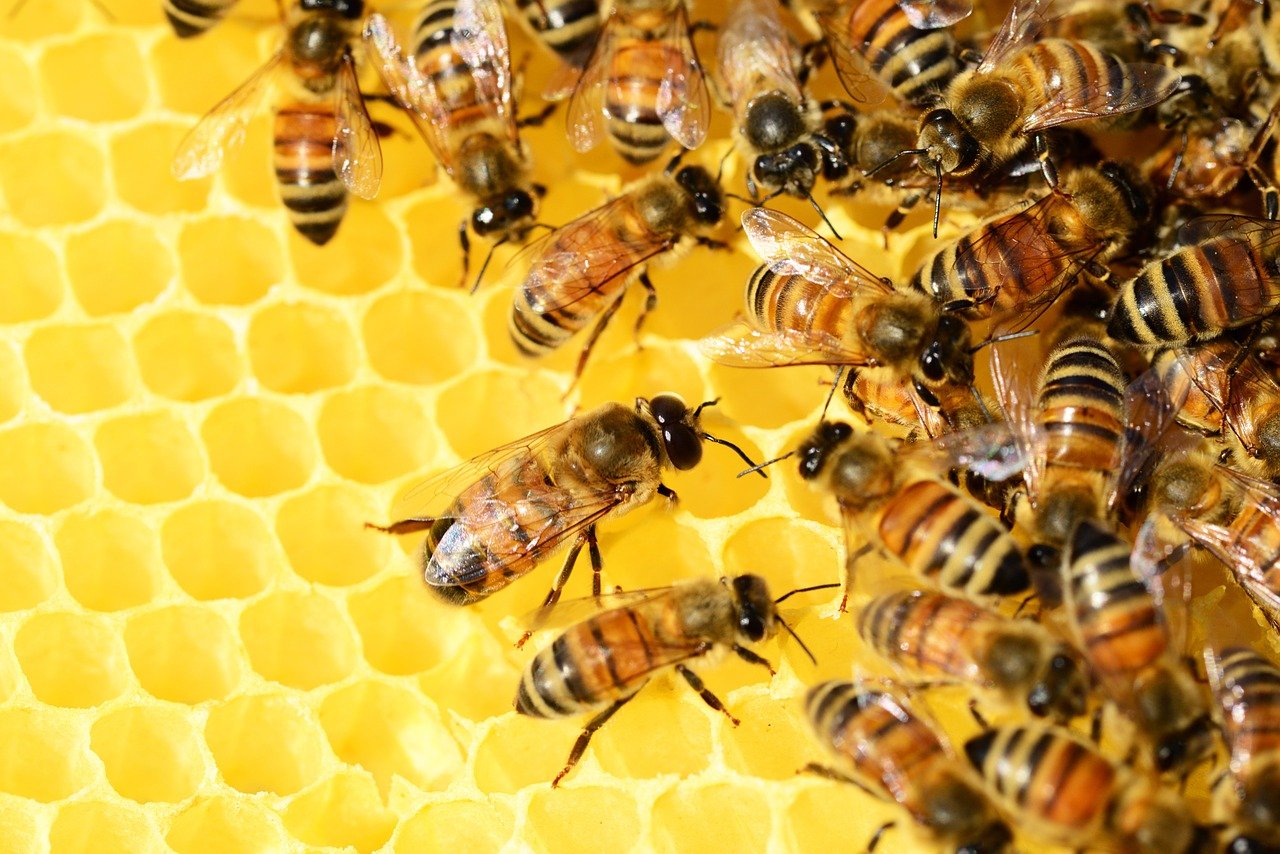A lot has happened since the Community launch last year. It wouldn’t have been possible without the dedicated members! In this blog post, Ricardo Fariña shows that despite difficult circumstances, an ambitious and hardworking community has developed in the DFL.
1 July 2020: The beginning of the Digital Futures Lab. Although the pandemic has not made it possible to have a live event, that was no problem for the potential Digital Shapers at the ZHAW. Despite difficult circumstances, more than 120 people followed the event via the live stream. A lot has happened since then.
Virtual events and exchange on Beekeeper
The personal exchange was limited of course due to the Covid 19 pandemic. But this didn’t stop the Community from networking and exchanging ideas. One highlight of the past year was the Community event on 3 December. What made the event special was that it was hosted by the community member Mark Alder. “I was very attracted to moderating an online event where participants can talk to each other as equals. I’ve never done that before.” Even though, according to Mark, encounters between people still work best face to face, he said that as a moderator he could sense how the participants appreciated and enjoyed the event. “Being able to exchange ideas once again, to network and to chat was just something that we all missed out on a lot in the home office.”
But it wasn’t just during events that the Digital Futures Lab community members were able to share and engage. Some Digital Shapers also made use of Beekeeper, the community’s communication platform, to share information about their projects or to exchange ideas with like-minded people. One of them is Marcela Ruiz. She is a software engineering researcher, one of the first DIZH Fellows at the ZHAW, and has been following the Digital Futures Lab since its launch: “As a researcher, I see it as part of my mission to share knowledge and exchange ideas with other researchers. This totally motivates me to return to Beekeeper. On the platform, digital shapers from different disciplines come together, creating potential synergies and joint projects. Furthermore, the platform serves as a ‘meeting point’ for the community, regardless of whether you work abroad or on campus.”
The Community votes on project proposals
The community’s commitment was also evident in the voting for the Digital Futures Fund applications. According to Julian Keuzenkamp, the person responsible for the Digital Futures Fund, the DFL’s involvement in the voting was very pleasing. “Especially in the second vote, participation was very high and more than half of all members voted.” The fact that individuals can (co)determine the use of funding has never happened like this at ZHAW before, and accordingly there was skeptical feedback. Julian says: “The critical feedback is absolutely understandable and shows that we can still improve the process. In response to this feedback, we analyzed the voting behavior and found that votes came from all departments and that two-thirds of these went to projects from other departments. That suggests that people actually got involved with the new process, took responsibility, and mainly want to promote interesting project ideas, not just their colleagues.” Further feedback from the community was discussed by the ZHAW digital core team and will be incorporated into the design of the next call.
Here’s what happens next in the community
With all the community involvement, it’s important to leave room for feedback. That’s why the DFL’s communications concept, which was approved by the Strategy Council in May, already left room for community input and ideas. This feedback was collected in the form of surveys and personal conversations. Results from this included an optimised process for new community members, a weekly newsletter and a Weekly Digest mail. In the coming year, the community’s voice will continue to be heard. For example, community feedback on the DFF Call will be implemented in the next Call. Also, over the next twelve months, the Beekeeper communication platform will be more integrated with the tools that the ZHAW already uses, and engagement on the platform will be encouraged through regular content. Slowly, community members are getting to know each other and they know who is working on which projects. In the future, this overview of expertise should lead to groundbreaking, innovative synergies that drive digital transformation. Thanks to everyone who has contributed to the development of the DFL!
